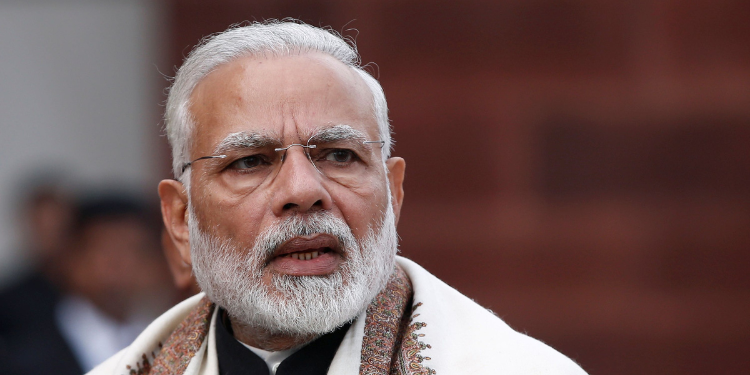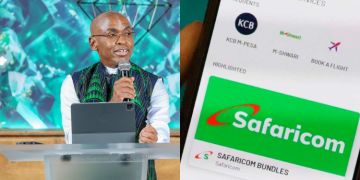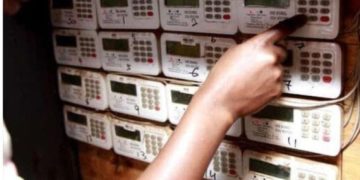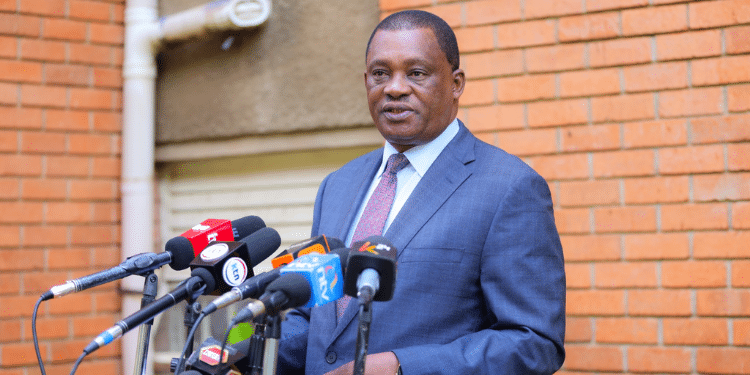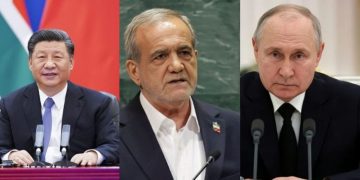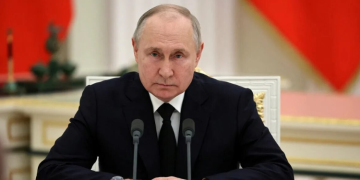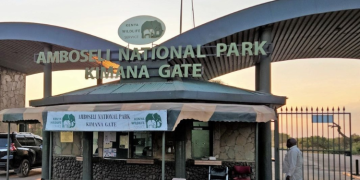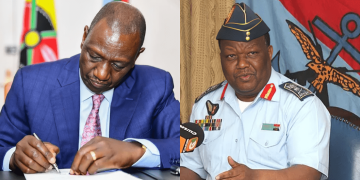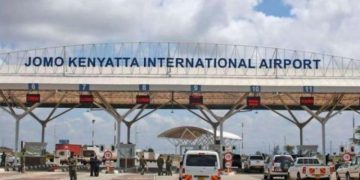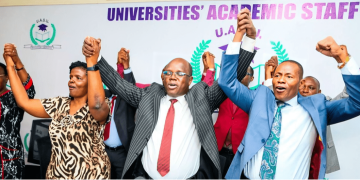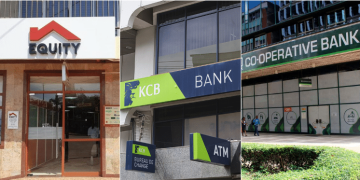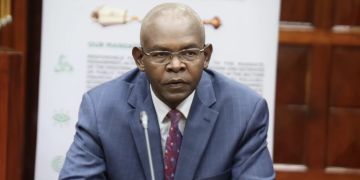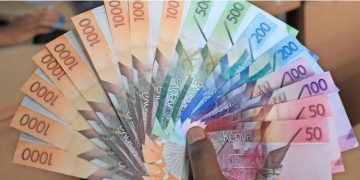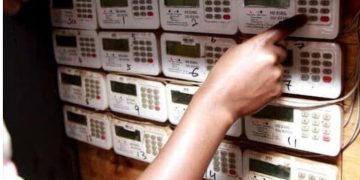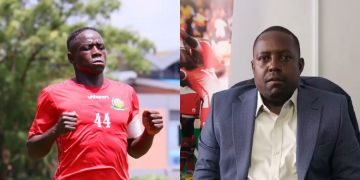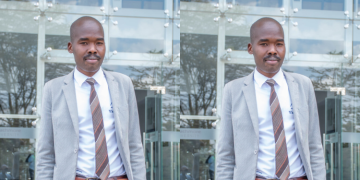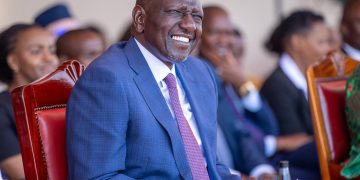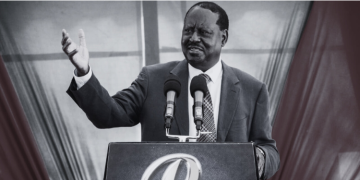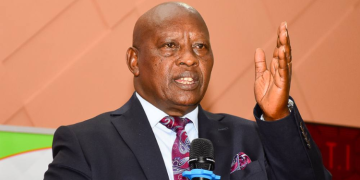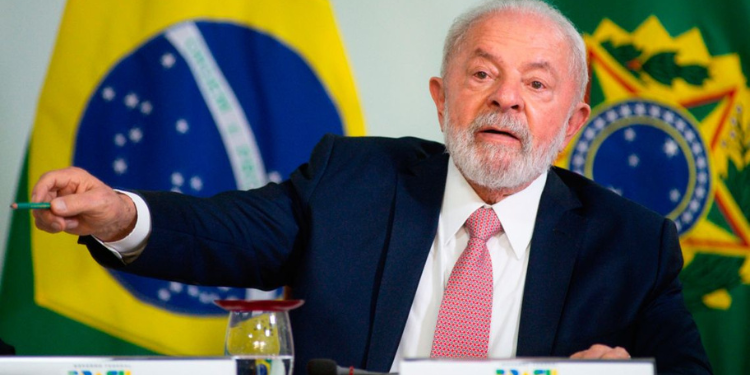Brazil has convened an emergency virtual summit of BRICS leaders to address escalating trade tensions with the United States, marking one of the most urgent gatherings in the bloc’s history.
The meeting, which began at 9:00 a.m. Brasília time (3:00 pm EAT) comes in the wake of sweeping new U.S. tariffs imposed by President Donald Trump’s administration on key BRICS member economies.
BRICS summit
Chinese President Xi Jinping and Russian President Vladimir Putin are both participating via secure video link, signalling the gravity of the situation and the determination of the bloc’s two most influential members to coordinate a joint response.
South African President Cyril Ramaphosa is also attending, representing Africa’s most industrialized economy, which has also been hit by the tariffs.
India, however, is being represented by External Affairs Minister Subrahmanyam Jaishankar rather than Prime Minister Narendra Modi.
The high-level session is being chaired by Brazilian President Luiz Inácio Lula da Silva, whose government currently holds the rotating BRICS presidency.
Lula called the meeting in response to mounting economic pressure on member states, describing the tariffs as an attack on multilateral trade principles and the collective aspirations of the developing world.
The emergency summit aims to develop a unified strategy to counter the tariffs while reinforcing the principles of fair and rules-based international trade.
The tariffs at the heart of the dispute are some of the most severe in recent decades.
Brazil and India are facing rates as high as 50% on certain categories of goods, while China and South Africa are grappling with tariffs closer to 30%.
Russia, already under heavy sanctions due to its foreign policy actions, has seen additional barriers placed on its oil and energy exports, further isolating its economy from global markets.
However, early reports suggest that no joint communiqué will be issued at the conclusion of the meeting, a sign of potential divergence among BRICS members over how aggressively to respond.
“We want to demonstrate that developing economies will not be dictated to by unilateral policies, but each country must consider its unique economic and diplomatic priorities,” a Brazilian official involved in organizing the summit said shortly before it commenced.
Expectations from participating nations
China, the largest economy in the bloc, is expected to take a firm stance as President Xi has consistently framed U.S. trade policies as part of a broader strategy to contain China’s rise.
Also Read: Melania Trump Introduces Radical Changes to White House
Xi is anticipated to call for deeper economic integration among BRICS nations, emphasizing the need to accelerate alternative financial systems and reduce dependence on Western-controlled institutions.
President Putin, speaking to aides before joining the virtual session, described the meeting as a crucial platform to coordinate resistance against economic coercion.
Moscow’s economy has been under sustained pressure since Western sanctions were tightened earlier this year, and the new tariffs imposed this week by Trump adds further strain.
South Africa, meanwhile, is seeking to balance its trade relations between East and West.
President Ramaphosa has been vocal about the need to protect domestic industries, particularly in the mining and manufacturing sectors, which have been directly affected by the tariffs.
India’s position
India has been a major talking point after it took a cautious stance at the emergency BRICS virtual summit on U.S. tariffs.
While China and Russia pushed for a firm response, India avoided direct confrontation to preserve strategic ties with Washington.
Also Read: Tariffs and Sanctions on Russian Oil Buyers to Return at Full Strength
Prime Minister Narendra Modi skipped the meeting, sending External Affairs Minister S. Jaishankar instead.
India faces tariffs of up to 50% on exports like textiles and pharmaceuticals, threatening key industries.
India plans dual strategies: negotiating with the U.S. and boosting BRICS trade mechanisms like local currency settlements and the New Development Bank.
Follow our WhatsApp Channel and X Account for real-time news updates.
